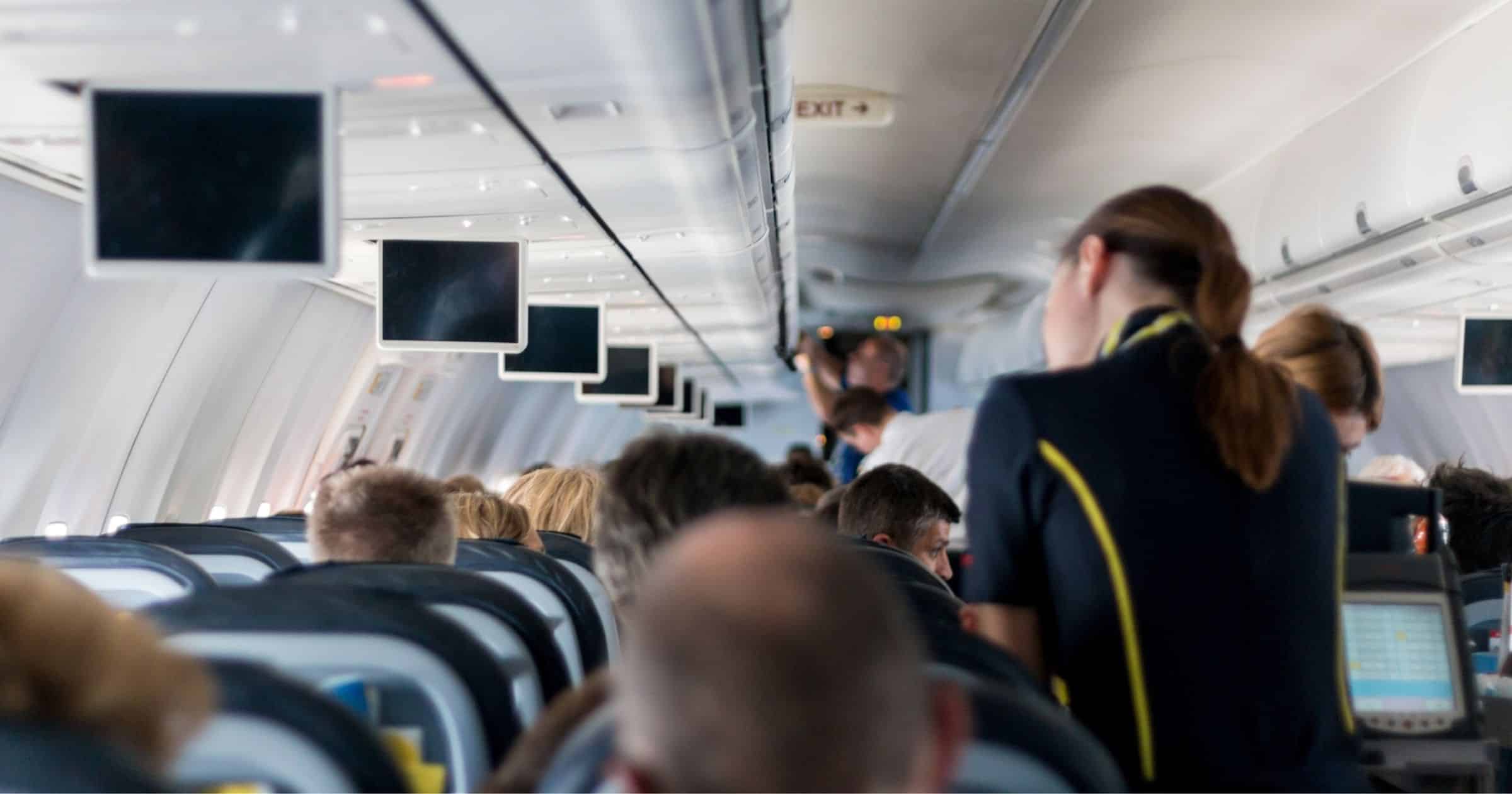When adapting may be more important than planning.
Don’t let fear of the unknown and unexpected stop your travels. Many people fear getting caught in a unique situation and not knowing what to do, yet we are resourceful and often discover creative ways to handle the unanticipated.
Educators and trip leaders rely heavily on the tour operator when things go awry, yet we can offer suggestions or find solutions based on our experiences and knowledge. The more we travel, the more we learn the ability to adapt is more important than the ability to plan.
Jessica, a student, spilled an entire can of Coke on her lap, just as our group boarded our plane to London. We quickly grabbed a blanket, covered Jessica, and had her shimmy out of her jeans, which we hung over the seat, hoping they’d dry during the eight-hour flight. When Jessica had to visit the restroom, another student offered a pair of shorts from her bag. Jessica and I still laugh about her sitting in her underwear on that flight.
In Rome, a chaperone’s passport and earrings were stolen from her room. Though she shouldn’t have left valuables out while we explored the city, the only way they could disappear was if someone removed them. When I inquired, the hotel manager vehemently denied a staff member would take items and accused my chaperone of being pickpocketed. Then the hotel tried to charge our group for breakfast, listed as included on our itinerary. After I asked the tour planner to get involved and resolve these issues, to no avail, I located a nearby hotel, made a reservation for our group, and explained to the tour operator we were moving to a new location at their expense. Only then was the issue resolved—and we remained at the original hotel. (I never used this tour operator again.)
In Cape Town, South Africa, with college students, we visited a local nightclub to experience the music. As we entered, all eyes turned to us; our group of nine women and one man stood out like a sore thumb. Immediately, the South African men began descending upon the women—who were intimidated, as we didn’t speak Afrikaans. Kenny, our South African tour leader, and Kameron, our lone male student, exchanged looks and formed a plan to protect us. They each gathered five of us, formed circles and began group dancing. The interested parties backed off, realizing we were there to spend time together as a group. We later joked with Kenny and Kameron about their harem.
If traveling alone, I sometimes use a pseudonym in hope of avoiding dangerous situations with potential predators. If my instinct tells me something is remiss, my pseudonym comes into play. It’s about being safe. Each time, I use the same fake name, career and home location, so it’s easy to remember and keep straight. I share this to remind educators that sometimes, we must be creative in our approach to problems or potential problems.
When our college group traveled to Swaziland, we stayed at a nature reserve, where the lodge operator encouraged us to take a hike to discover the Swazi culture. We asked if we needed a map; he assured us we couldn’t get lost. That should have been a sign. But we were enthusiastic to experience the nature and wildlife, so we grabbed our water bottles and hit the trail. At each fork in the trail, we decided which route to take and the hike continued. Hours later, we were completely lost. We remembered seeing a river near the lodge, so voted to follow the river bed. When we reached the river, we saw crocodiles in the water. And we headed the other direction.
By now, we were low on water and becoming dehydrated. I noted some creek beds with some algae-covered water and suggested using my bandana to “wet our whistles.” The students said no. As a lifetime Girl Scout member, I knew I could filter out some of the bacteria, so I dipped my bandana into the water and squeezed it into my mouth. The others watched, mouths agape, realizing this was the only option. We passed around the bandana, squeezing a drop of water at a time into our mouths. Meanwhile, the nature reserve staff realized something was wrong and went looking for us. They found us, noting we were 12 miles off course. We were glad to see them—and get fresh water.
As we travel, the unexpected happens. We must be resourceful and creatively handle unforeseen situations. We must learn and accept that adapting is sometimes more important than planning.
Written by Julie Beck, contributing writer for Teach & Travel.
This article originally appeared in Teach & Travel.




